Difficulty concentrating, blurred memories … Memory problems can appear at any age and are sometimes a symptom of neurodegenerative diseases.
What we eat can play an important role in the proper functioning of the brain. Here are the foods that are known to preserve memory.
Chocolate
© Charisse Kenion / Unsplash
Another good excuse to eat chocolate. It is excellent for memory, especially thanks to vitamins of group B, polyphenols and finally theobromine, which stimulates the nervous system.
eggs
© Maria Ianova/Unsplash
Fried, omelette or boiled egg Ally to preserve his memory. They contain choline, a group of B vitamins necessary for the production of acetylcholine, the memory-related neurotransmitter that the brain cannot produce.
fat fish
© Carolyn Atwood/Unsplash
Salmon, mackerel, sardines… All fatty fish are excellent for health and especially for preserving memory. It is rich in omega-3, which is necessary for the proper functioning of nerve cells. It is recommended to take it two to three times a week.
nuts
© Tom Hermans/Unsplash
Vitamin E is known to prevent cognitive decline, especially in the elderly. It is found in walnuts, almonds, hazelnuts … No need to eat a kilo a day, a small handful every morning is enough to enjoy its benefits.
coffee
© Jakub Dziubak / Unsplash
If coffee is taken in moderation, it can be beneficial for you. According to a study published in the journal Nature Neurosciences by American researchers, caffeine stimulates memory over at least one day, especially visual memory.
red fruits
© Jacek Dylag / Unsplash
Strawberries, raspberries, blueberries, black currants … All red fruits have beneficial properties for the brain. They are rich in antioxidants that fight free radicals responsible for the aging of brain cells. It can be eaten fresh (taking into account the seasons, it’s better) with a little cottage cheese for example.
oysters
© David Todd McCarty/Unsplash
They are particularly rich in zinc, iodine, iron and vitamins B12. Oysters are especially useful for memory. No need to wait for the holidays to savor it, we must eat dozens a week to be healthy.
starchy foods
© Pierre Bamine/Unsplash
Bread and pasta rice… Carbohydrates are essential to maintaining the brain. They provide carbohydrates essential for the functioning of nerve cells. It is recommended to take it with every meal so that it works throughout the day. Alternatively, we will move on to legumes.
water
© Jonathan Cooper/Unsplash
We often forget it, but the brain is made up of 75% water. In order for it to function well, it must be properly hydrated. Having a drink every morning after waking up can be a good habit: during the night the body becomes dehydrated. And for the day, you should aim for 1.4 liters for adults according to the recommendations of the World Health Organization.
Broccoli
© louis-hansel-restaurant-photographer
Green leafy vegetables, especially broccoli, are recommended for brain support. It contains vitamin K and beta-carotene

“Amateur entrepreneur. Professional internet expert. Zombie maven. Incurable pop culture scholar.”





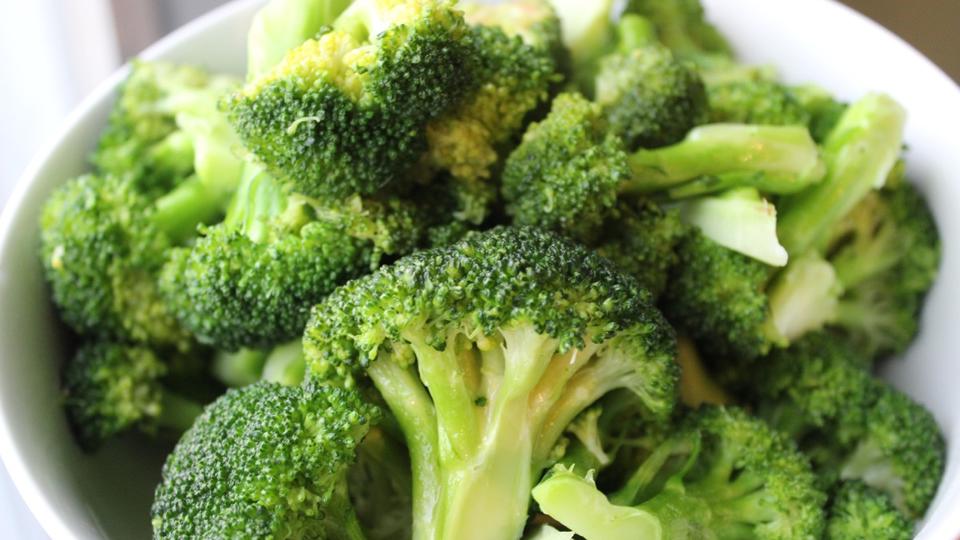

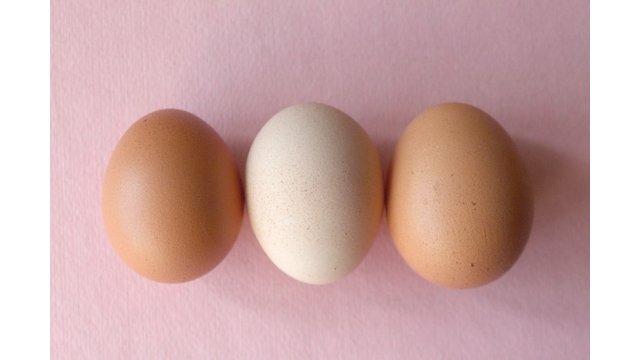

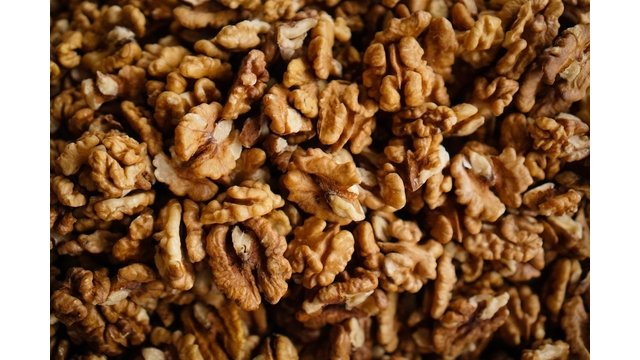

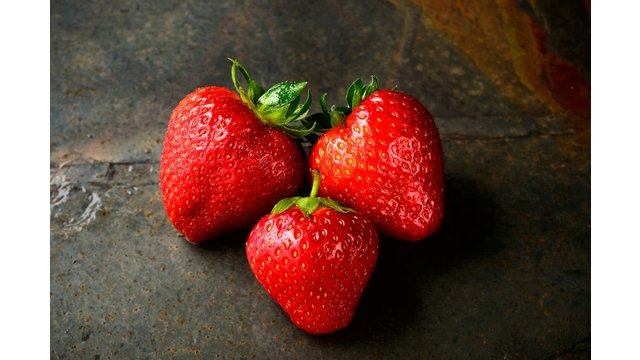

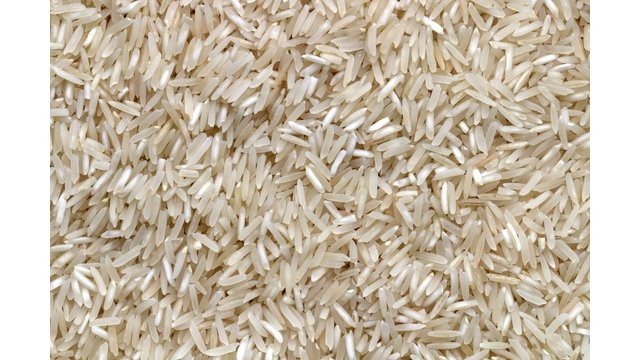

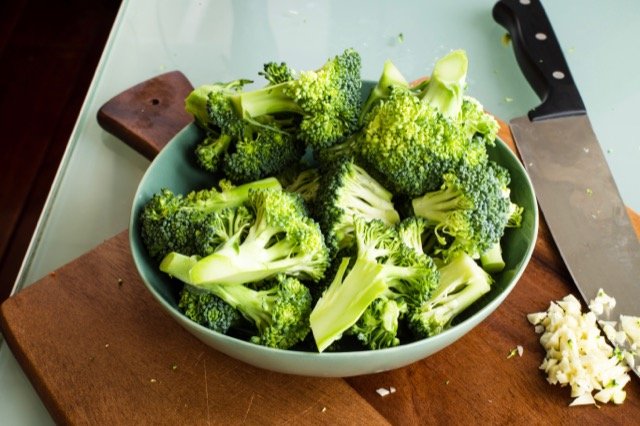
More Stories
You've spent your evenings watching “Criminal Minds,” if you can name these five characters
Charged with throwing a tarantula at a tenant
After The Walking Dead, Andrew Lincoln has landed a role in an “exciting” new series.